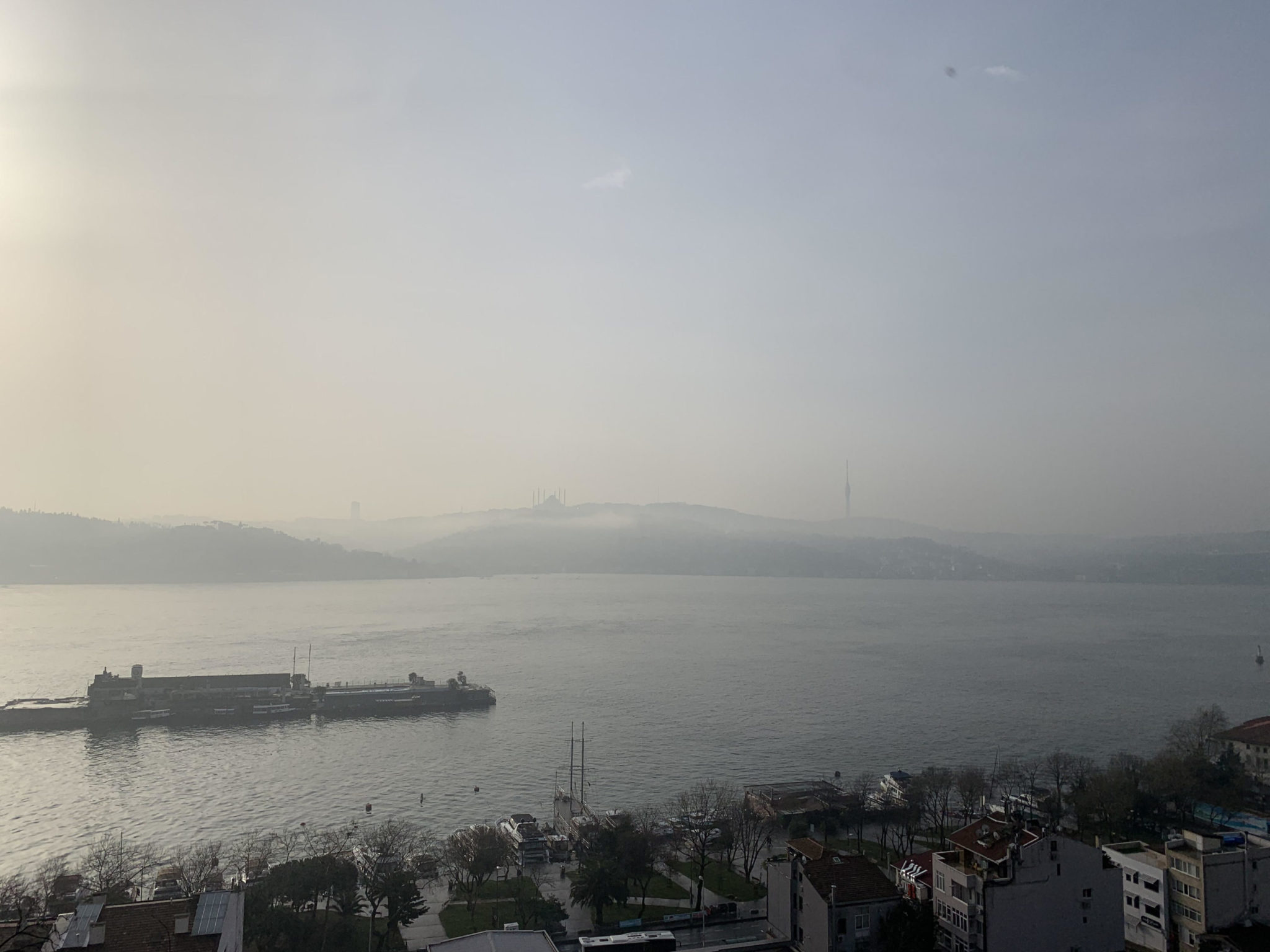
Deniz Ince, Contributing Photographer
Content warning: This piece contains mention of suicide and depression.
The National Suicide Prevention Lifeline is a hotline for individuals in crisis or for those looking to help someone else. To speak with a certified listener, call 1-800-273-8255.
To talk with a counselor from Yale Mental Health and Counseling, schedule a session here and also here. On-call counselors are available at any time: call (203) 432-0290.
***
As I sit writing, I am looking out onto the Bosporus, the twinkling reflections of sunlight on the water forming a shimmering, hypnotizing barrier between me and the Asian continent. It’s the first sunny day after weeks characterized by rain and gloom — seems fitting.
I was particularly affected by Rachael Shaw-Rosenbaum’s ’24 passing and found myself incapable of writing this until now. We, Yale, as a community mourned her death both individually and collectively while reflecting on the circumstances that led to such a traumatic incident. It prompted my own introspection on the past year, which, for me, has been characterized by a worsening of and reckoning with my own depression. There was a time when I, like Rachael, felt there was little choice but to escape. I was fortunate enough that mine was only an escape from the country.
For me, leaving the United States felt like a temporary, self-imposed exile. At the time, all I knew was that I needed to get out, though I didn’t know where I would send myself or for how long. Now, watching the Bosporus, I feel I was carried by the sea, the current determining my destination. It brought me toward a reconciliation with my family’s, and ultimately my own, culture. I remain at the sea’s mercy, floating idly until it decides to whisk me off again.
This metaphor is too poetic, too passive. In many instances, people impose their will on the sea. Between 1986 and 1995, 63 individuals committed suicide by jumping off a bridge into the Bosporus. In the United States, the Golden Gate Bridge is notorious for this exact reason.
On stormy days, it’s easy to view the sea as an antagonist. A period of seemingly never-ending grief began a week ago, both in Istanbul and throughout the Yale community. Now, the skies have cleared, and the sea reflects it; we have been left without a trace of the past days’ vehement lassitude.
How can it be that what lies underneath does not taint the surface? How is it that the violence of the waves has completely simmered to soft, free-flowing waters?
The Bosporus always shows traces of peril, even on days as beautiful as today. Upon closer inspection one can witness the chaotic abruptness with which the currents flow, change direction and stop. On the waterfront, we see man’s destructive influence on the waterway in the form of old bottles and used condoms camouflaged by the swarm of dead jellyfish. These blemishes on the otherwise unsullied surface only become apparent as the distance to the sea decreases and the relationship with the sea draws closer.
As a lover of the sea — my namesake — how can I reconcile its malevolence? Must the distressing aspects of its nature defile its beauty?
These elements exist as a more accurate portrayal of the sea’s true nature. The same holds true for Yale. Yale boasts what Mark Twain called “the most beautiful street in America,” award-winning professors and an environment designed to allow for individual and academic growth. Yet within all its greatness there exist points of sorrow, many more than will be acknowledged. It is these that define Yale’s truth just as much as the grandeur associated with the school.
In the coming weeks, the world may forget of the tragedy that was Rachael’s passing. Perhaps the world has already forgotten. As Yale students and organizations work to rectify our mental health system, it is up to all of us as members of the Yale community to hold on to Rachael’s memory. Her story, its own current, has unexpectedly stopped. The rest of us must carry those waters.
As the sun sets behind me, it embraces the Asian shoreline with a soft, warm, golden glow. The Bosporus now turns a lighter blue, reflecting the soft yellows and greens of the homes and leafy patches above. It is still beautiful. It is still sorrowful.
DENIZ INCE is a rising sophomore in Ezra Stiles College. Contact her at deniz.ince@yale.edu.







